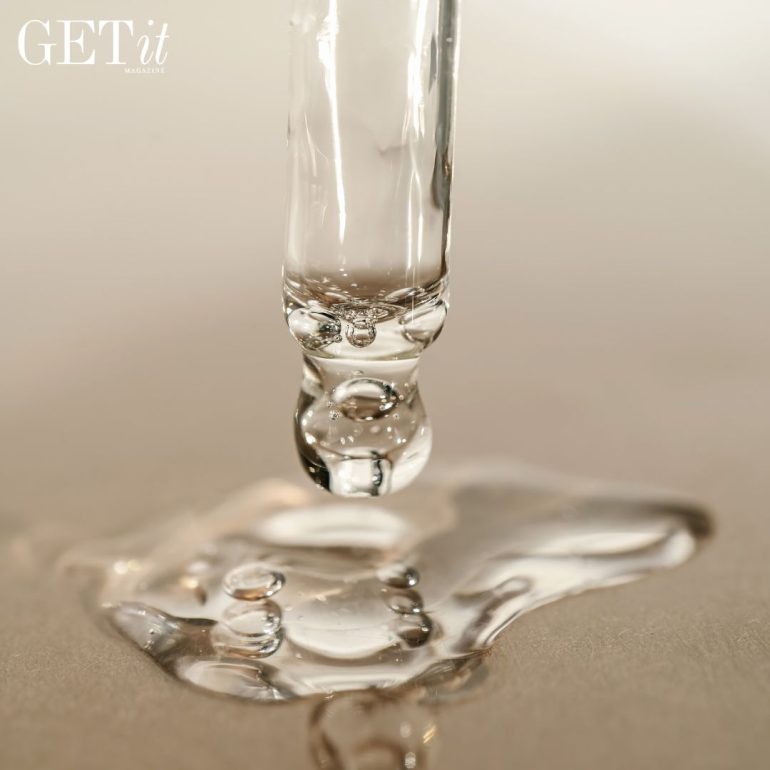In the realm of skincare, few ingredients wield the same degree of transformative powers as retinoids. Retinoids refer to compounds derived from vitamin A and are celebrated for their ability to address a spectrum of skin concerns. However, like any hero ingredient in skincare, they come with both blessings and caveats.
The Good
Retinoids are renowned for having a plethora of desirable effects. They have been shown to stimulate collagen production, expedite cell turnover, reduce sebum production, reduce inflammation in the skin, and help reduce pigmentation. As a result, they can be extremely helpful and are often a core active ingredient when addressing skin concerns like fine lines, wrinkles, congested pores, uneven skin texture, acne, and hyperpigmentation, to name a few.
The Bad
Unfortunately, there are a couple of drawbacks to retinoids; otherwise, it’d be too good to be true right? The most concerning side effect is that retinoids do sensitise your skin to UV damage, and so using enough SPF 50+ sunscreen every single day is mandatory when using retinoids. Retinoids are also infamously known to potentially cause peeling, redness, dryness, and purging, especially when you first introduce retinoids to your skincare. Purging is a phase of a temporary breakout of acne before it gets better. The severity of these potential side effects will, of course, vary depending on the type of retinoid you use, the dose, and whether your supportive skincare helps you prevent them.
Reti-the-what?
There are many names under the retinoid umbrella thrown around online, which can get quite confusing. The three major types of retinoids that you’ll come across in products are retinol, retinaldehyde (sometimes called retinal), and retinoic acid. In your body, retinyl esters are converted into retinol, which then gets converted to retinaldehyde before being converted into retinoic acid, the last of which is the most active form of retinoid, providing the benefits. Being earlier in the pathway, retinol will be milder and take longer to work than an equal dose of retinaldehyde. Likewise, retinaldehyde will be milder than retinoic acid. You can get retinol and retinaldehyde containing products in cosmeceutical-grade skincare. However, retinoic acids, of which there are several forms available as products, can only be accessed by prescription.





